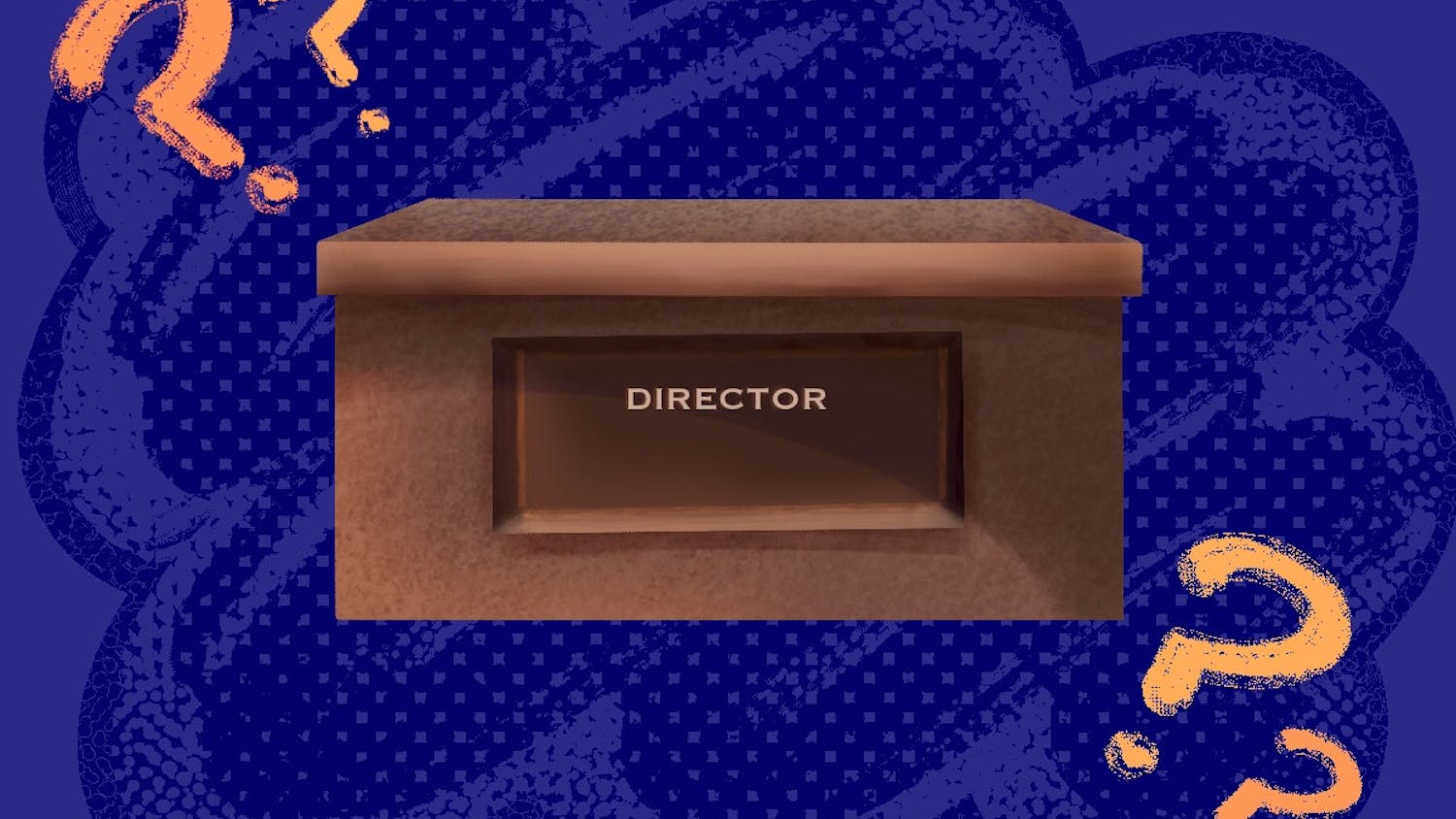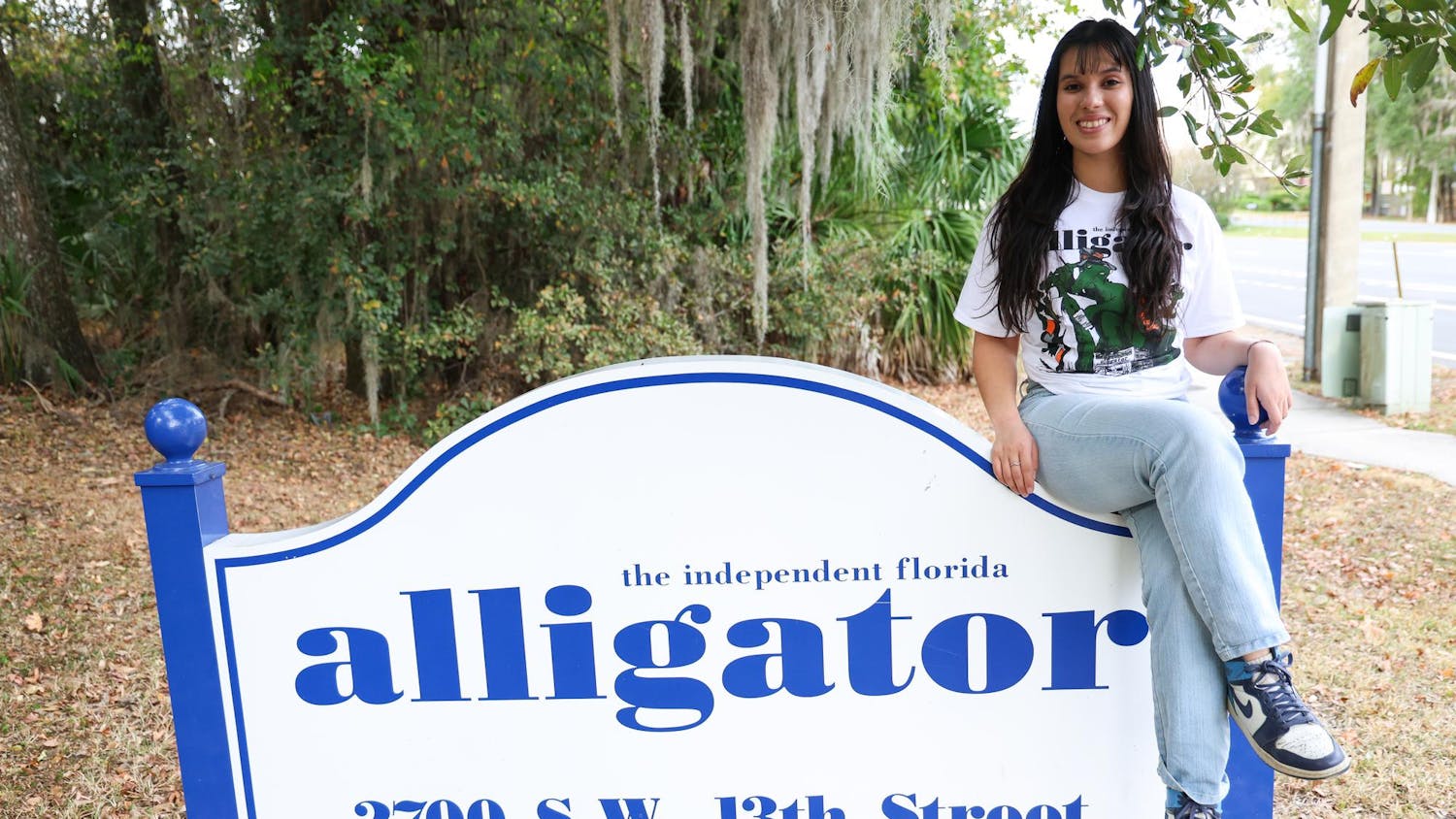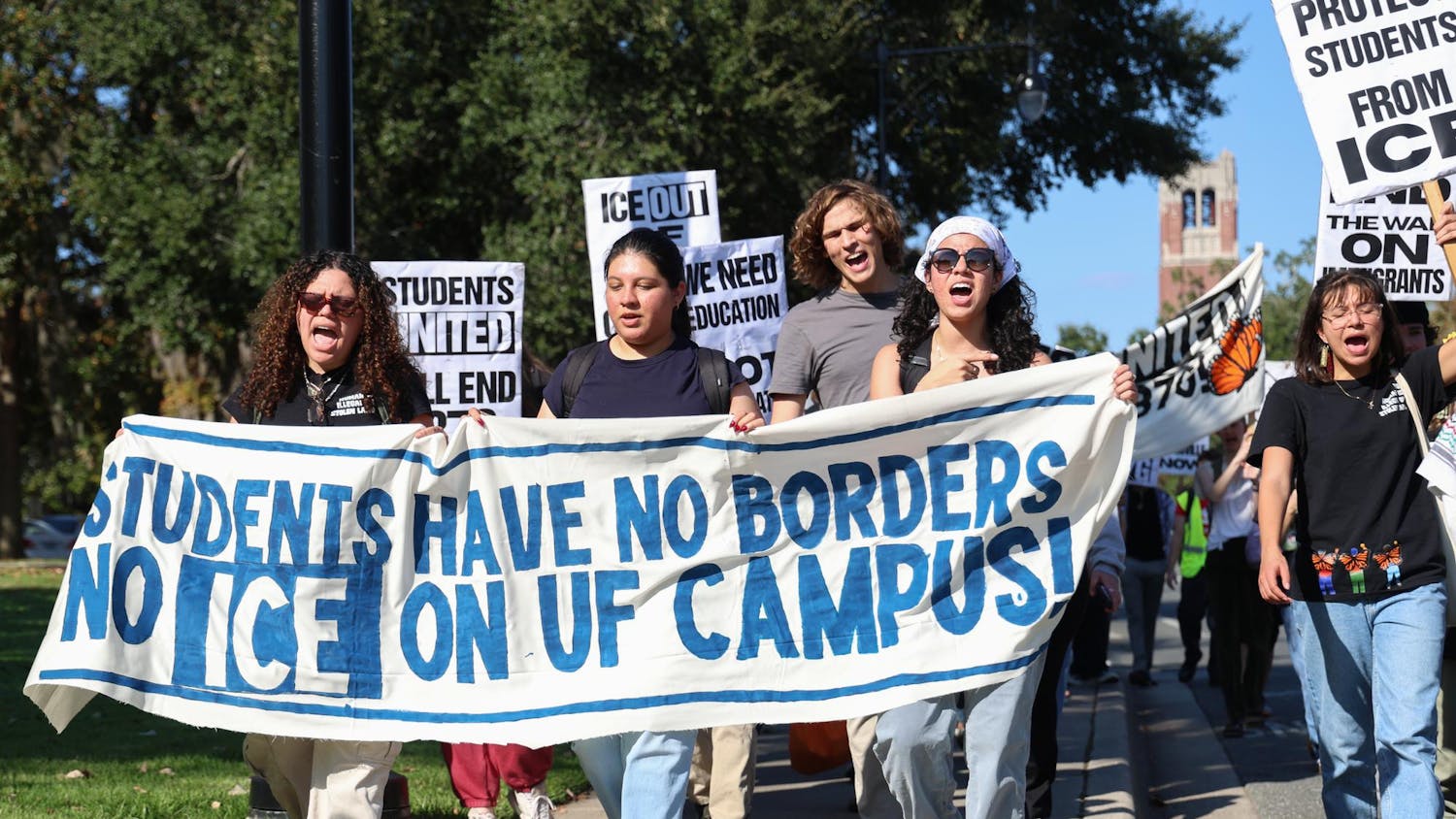Susan Fairforest stood in front of the Gainesville City Commission dressed in a floor-length black dress. She had a sheer, black veil drawn over her face.
Gripping a sheet of paper, she read the names of about 15 people who lived and died in the Stephen Foster neighborhood during the last 30 years. All of them, Fairforest said, died from pollutants that leaked into their homes and bodies from the nearby Cabot-Koppers Superfund site, an area that was declared hazardous by the U.S. Environmental Protection Agency in 1984.
About 20 residents sat at the commission meeting Thursday night, all of whom were dressed in black.
Four of the residents berated the commission for using grant money to fund art exhibits and festivals to commemorate the Superfund site instead of using those funds to help residents relocate from their contaminated homes.
“We need help,” said Maria Parsons, a neighborhood advocate. “We don’t need more art festivals. We need environmental justice.”
City Commissioner Randy Wells said he understood their angst, but they should not get mad at their neighbors who are working to put on the exhibits and other art projects.
“They are acting out of every bit of sincerity,” Wells said. “The whole point of these things is for us not to forget that there is social injustice going on.”
For about 30 years, residents have been dealing with health concerns as a result of the plant that was once the site of wood treatment and charcoal production facilities.
The EPA determines the cleanup of the Superfund site. Residents of the Stephen Foster neighborhood said they will continue to hold the city accountable for not relocating residents from the area.
The city took part in making suggestions to the EPA that shaped a 703-page cleanup plan released by the EPA in February 2011.
Parsons said residents will be at future commission meetings reading the names of those who have died in the neighborhood as a result of high toxicity levels in the air and in their homes.
“Our neighborhoods have emptied out,” Parsons said. “This puts a human face to those who we’ve lost in our community.”
Contact Adrianna Paidas at apaidas@alligator.org.





